- Home
- -Blog
How Often Does Google Update Search Results
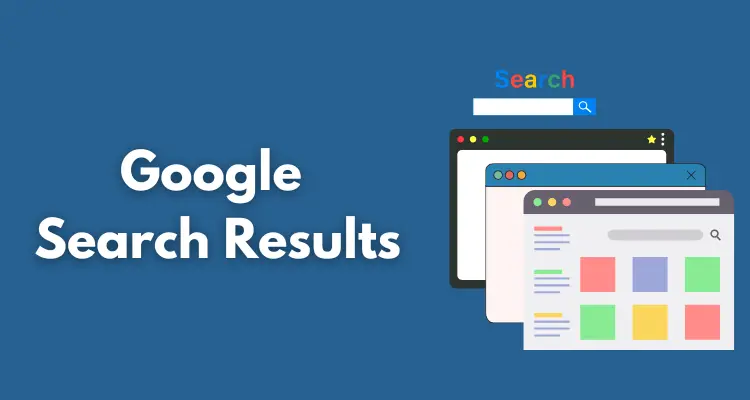
- 10 Sep 2024
- Shabir Ahmad
How Often Does Google Update Search Results
Google updates its search system regularly to ensure that users get the most relevant and useful results. These updates involve changes to how Google finds organizes and ranks web pages. For website owners these updates are crucial because they can impact where a website appears in search results which can affect traffic and visibility.
Google updates its search results very frequently. While major changes might occur a few times a year smaller updates happen almost daily. These changes can be minor tweaks or significant shifts in how websites are ranked. For website owners staying aware of these updates is essential to maintain or improve their site's position in search results.
What Happens During a Google Search Update?
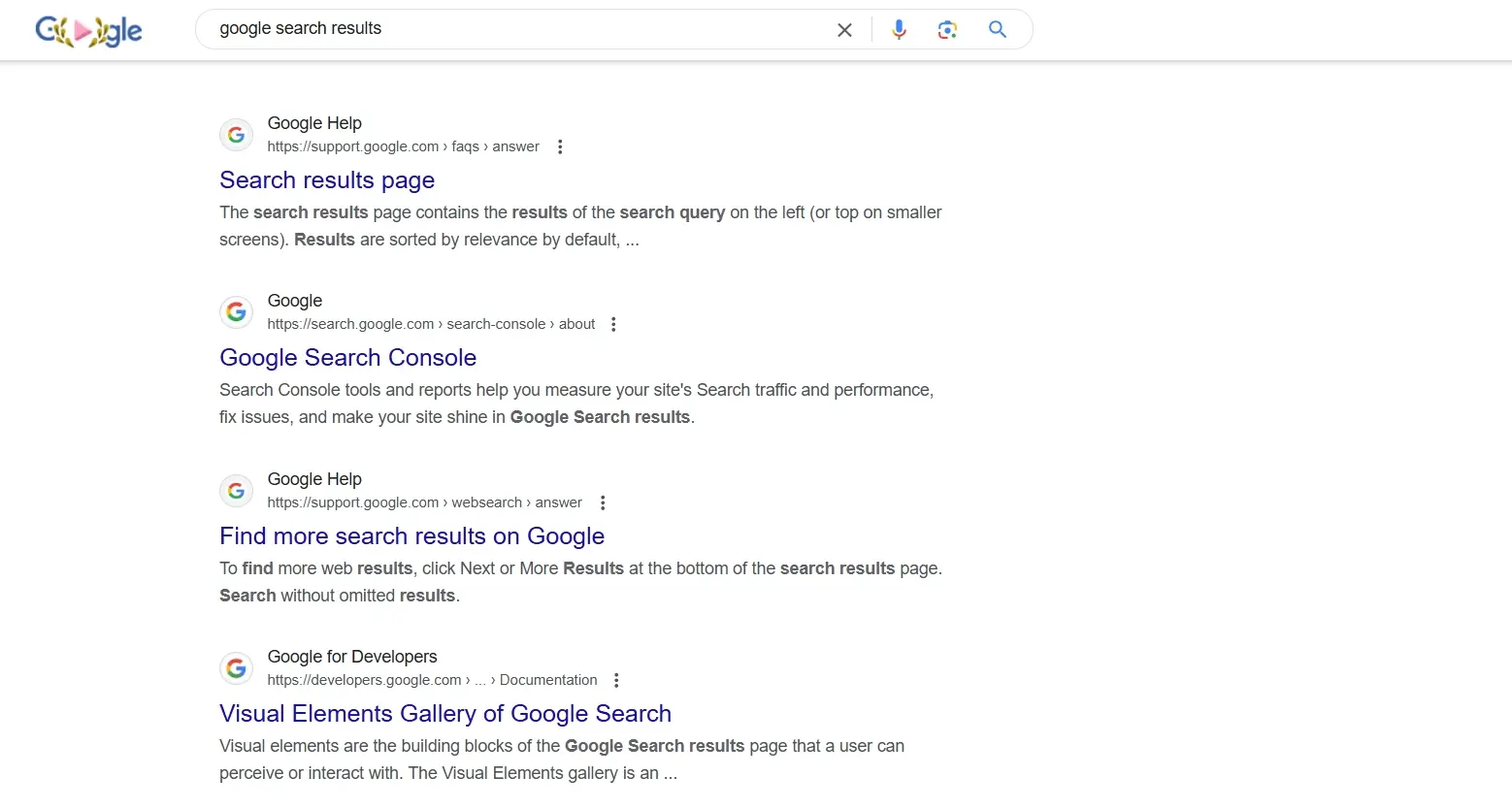
When Google updates its search system it goes through a few key steps to ensure that the most relevant pages are shown in search results. The process involves crawling indexing and ranking.
- Crawling:Google uses programs called crawlers to scan the internet for new or updated content. These crawlers move from link to link collecting data on all the pages they find.
- Indexing:After crawling Google organizes the information it has gathered. This process is called indexing. The indexed content is stored in a vast database making it ready to be retrieved when someone searches for related terms.
- Ranking:Once the content is indexed Google's algorithms decide how to rank it in search results. The ranking is based on many factors such as relevance to the search query the quality of the content and the authority of the website.
Factors Influencing How Often Content Is Updated in Search Results
The frequency with which your content appears in search results can depend on several factors:
- Website Authority: Sites with a strong reputation and lots of quality content are crawled more often.
- Content Updates: Websites that frequently add new content or update existing pages are more likely to be crawled regularly.
- Technical Setup: Factors like your site's speed mobile-friendliness and the presence of a clear sitemap can influence how often Google crawls your site.
By understanding these processes and factors website owners can better optimize their sites to maintain strong visibility in Google's search results.
Frequency of Google's Search Updates
Google frequently makes changes to its search algorithm to improve the quality and relevance of the results it delivers. These changes can happen as often as several times a day though not all updates have the same impact.
- Major vs. Minor Updates:
- Daily Updates vs. Periodic Bigger Ones:
Google releases both major and minor updates. Major updates like the core algorithm changes happen a few times a year. These can significantly impact how sites are ranked and often lead to noticeable shifts in search results. Minor updates on the other hand occur much more frequently and usually involve small adjustments to improve search results for specific queries.
While Google rolls out minor updates almost daily these are often fine-tuning changes that users and website owners might not even notice. However the periodic bigger updates often referred to as core updates can cause significant changes in rankings across a wide range of sites. These major updates are usually announced by Google giving website owners a heads-up to monitor their site performance closely.
Understanding the frequency and nature of these updates is crucial for website owners. Staying informed about both major and minor updates helps in adapting strategies to maintain or improve search rankings.
How to Tell If Your Site Has Been Affected by an Update
When Google rolls out an update it can have a noticeable impact on your website's ranking. Here are some signs and tools to help you determine if your site has been affected:
- Signs of Ranking Changes:
- Tools to Monitor Changes:
- Common Indicators of Positive or Negative Impact:
The most obvious sign that your site has been impacted by an update is a sudden change in its ranking on Google. If your site was consistently ranking well for certain keywords and then suddenly drops or rises in position it's likely due to a recent update. A drop in organic traffic can also indicate that your ranking has taken a hit.
Several tools can help you keep track of your site's performance after an update. Google Search Console is one of the most useful as it shows you how your site is performing in search results including any changes in clicks impressions and average position. Tools like Ahrefs SEMrush and Moz also offer features to monitor ranking changes and traffic patterns.
A positive impact from an update is usually reflected by a higher ranking increased organic traffic and more visibility in search results. On the other hand a negative impact might be indicated by a drop in rankings reduced traffic and possibly even a decrease in conversions. If you notice these negative indicators it may be necessary to review your site's content and SEO strategy to align better with Google's latest changes.
By monitoring these signs and using the right tools you can quickly identify whether a Google update has affected your site and take appropriate action.
What Influences How Often Google Crawls Your Site?
Google doesn't crawl every website at the same rate. Several factors determine how often Google's crawlers visit your site which in turn influences how quickly new or updated content appears in search results.
- Factors That Determine Crawling Frequency:
- Different Rates for Different Websites:
- Tips for Encouraging More Frequent Crawling:
- Regularly update your content: Fresh content signals to Google that your site is active and worth checking frequently.
- Improve internal linking: A good internal linking structure helps Google discover and crawl new pages more effectively.
- Submit a sitemap to Google Search Console: This helps guide Google's crawlers through your site and ensures that all important pages are indexed.
- Build high-quality backlinks: These links from reputable sites can increase your site's authority encouraging more frequent crawling. Working with a link building agency UK can simplify and enhance this process.
- Optimize your site's performance: Faster page load times and mobile-friendly design can lead to more efficient crawling.
One of the main factors is site authority. Websites with a strong reputation high traffic and many quality backlinks are typically crawled more often. Google sees these sites as valuable sources of information so it prioritizes them for more frequent updates.
Another important factor is how often content is updated. Websites that regularly publish new content or make changes to existing pages are likely to be crawled more frequently. Additionally site structure and technical SEO such as having a clean sitemap fast page load times and mobile-friendly design can impact crawling frequency.
Not all websites are treated equally by Google. A well-established news website might be crawled multiple times a day while a small personal blog might only be visited once a week or even less. This variation happens because Google tries to balance its resources to cover the vast number of sites on the web focusing more on those it considers more likely to have fresh or important content.
To get Google to crawl your site more often, consider these strategies:
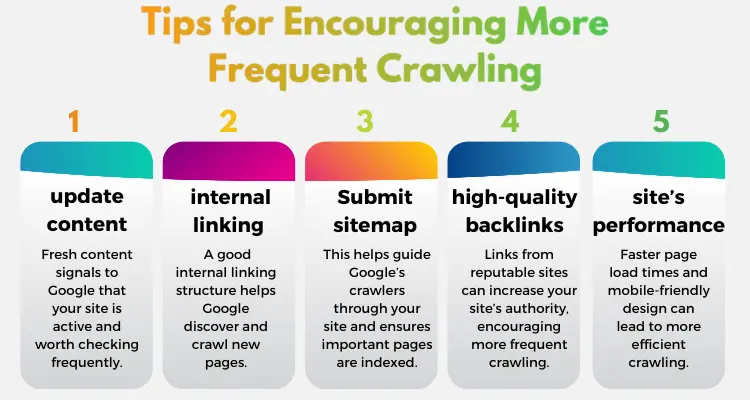
By focusing on these areas you can encourage Google to visit your site more regularly helping your content appear in search results more quickly.
How Quickly Does Google Index New Content?
The speed at which Google indexes new content can vary. On average it can take anywhere from a few hours to a few weeks for new content to appear in search results. The exact time depends on several factors including the authority of your site how often it updates and how Google's crawlers prioritize your site.
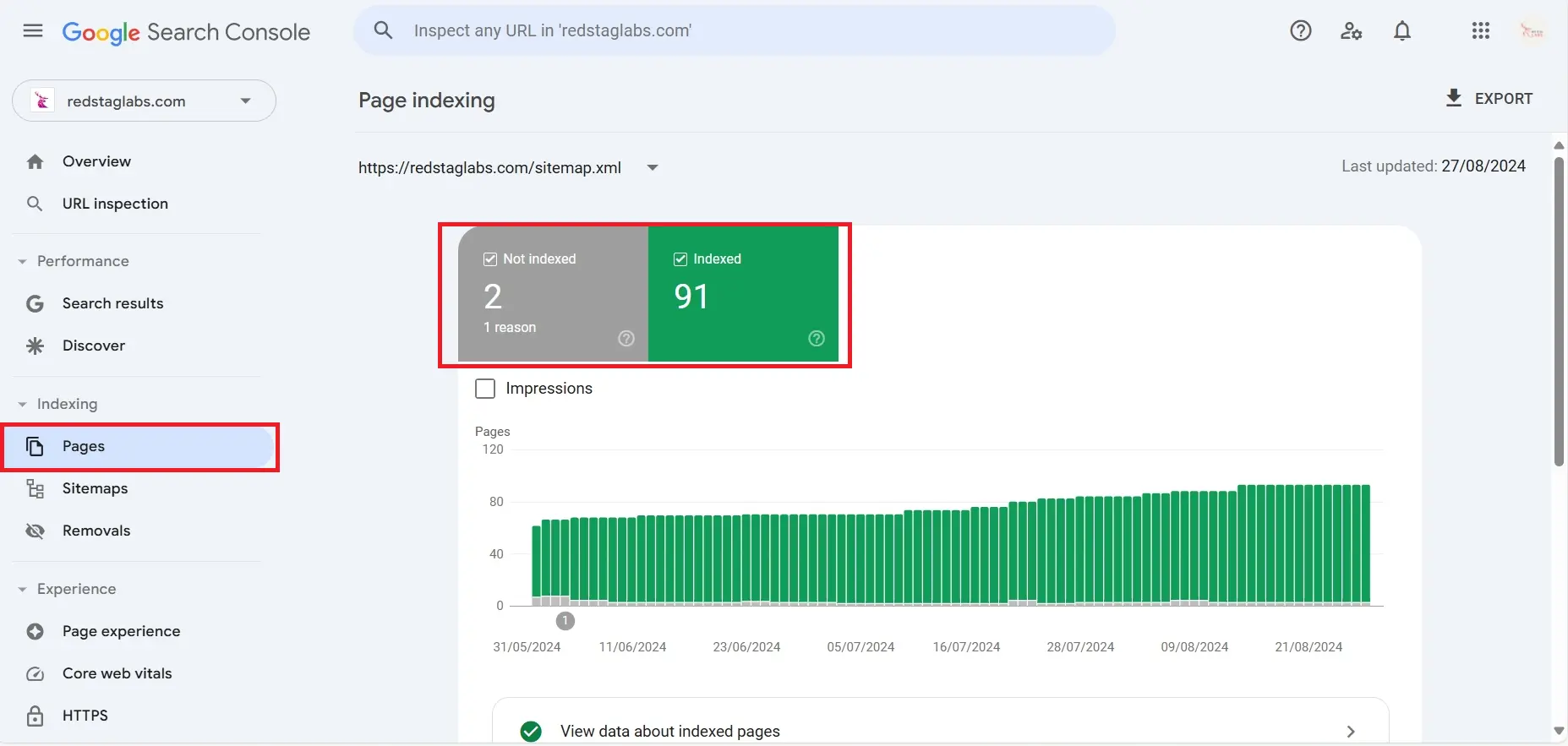
- Steps to Speed Up the Indexing Process:
- Submit your URL to Google Search Console: After publishing new content you can request a URL inspection in Google Search Console to encourage Google to crawl and index the page faster.
- Update your sitemap regularly: A well-maintained sitemap helps Google discover new content more quickly. Ensure your sitemap is up to date and submit it through Google Search Console.
- Improve internal linking: Adding internal links to your new content from existing high-traffic pages on your site can help Google find and index the content sooner.
- Promote the content externally: Sharing your content on social media or getting backlinks from reputable sites can signal to Google that your content is worth indexing quickly.
- Common Mistakes That Delay Indexing:
- Blocking crawlers: If your robots.txt file or meta tags are incorrectly configured they might unintentionally block Google from crawling your site.
- Poor site structure: A disorganized site with broken links or poor internal linking can make it difficult for Google to navigate and index your content.
- Duplicate content: Google may delay indexing if it detects that your content is too similar to existing pages on your site or other sites.
- Slow page load times: If your pages load slowly Google's crawlers may take longer to process them delaying indexing.
By following these steps and avoiding common pitfalls you can help ensure that your new content gets indexed as quickly as possible.
Questions from the Community
- How often does Google update its search algorithm?
- How long does it take for changes to reflect in search results?
- What should I do if my site's ranking drops after an update?
Google updates its search algorithm frequently often several times a day. Most of these are minor adjustments that fine-tune search results but a few times a year Google releases major updates which can significantly impact how sites are ranked.
Changes in search rankings due to an update can be seen almost immediately in some cases especially with major updates. However for smaller updates or gradual changes it might take a few days to a few weeks for the effects to fully settle and reflect in search results.
If your site's ranking drops after a Google update the first step is not to panic. Instead assess the situation by checking if the update affected many sites in your niche. Use tools like Google Search Console and third-party SEO tools to analyze any issues or changes in your site's performance. Consider updating your content to better align with current best practices improving technical SEO and possibly adjusting your keyword strategy to regain or improve your ranking.
Best Practices to Stay Updated with Google's Changes
Staying on top of Google's frequent updates is essential for maintaining your site's visibility and ranking. Here are some best practices to help you stay updated and keep your site performing well:
- Regularly Updating Content to Match New Guidelines:
- Importance of Following SEO Best Practices Consistently:
- How to Keep Up with the Latest Updates from Google:
One of the most effective ways to stay in line with Google's changes is to regularly update your content. This means reviewing and refreshing old posts adding new information and ensuring that your content is still relevant and accurate. This not only helps with SEO but also provides value to your audience keeping them engaged.
Consistency is key when it comes to SEO. Ensure that your site follows best practices such as optimizing for mobile improving page load speeds and using clear descriptive URLs. Regularly checking and refining your SEO strategies can help you adapt quickly to any changes in Google's algorithm.
To stay informed about the latest updates follow reputable SEO blogs subscribe to industry newsletters and participate in online forums or communities. Google also occasionally announces major updates so keeping an eye on official Google channels like the Google Search Central Blog can be very useful. Additionally tools like Google Search Console can provide insights into how updates may be affecting your site.
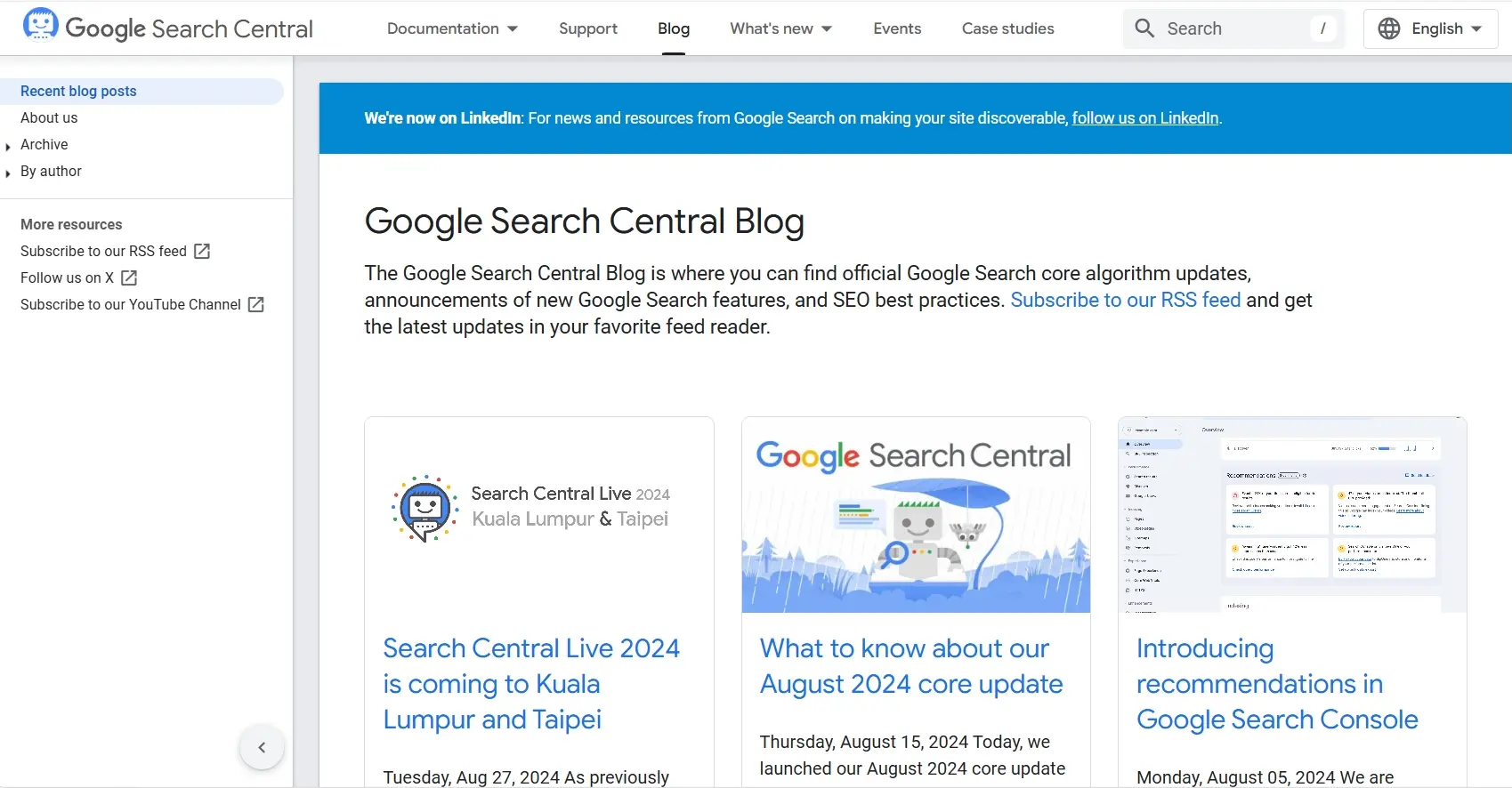
By following these practices you can better navigate Google's updates and maintain a strong presence in search results.
Conclusion
In this guide we covered how often Google updates its search results what happens during these updates and how you can tell if your site has been affected. We also discussed the factors that influence how often Google crawls your site the speed of indexing new content and the best practices for staying updated with Google's changes.
To ensure your site remains competitive despite Google's frequent updates it's essential to keep your content fresh follow SEO best practices consistently and stay informed about the latest developments. Regular monitoring and timely adjustments will help you maintain or improve your rankings even as the search landscape continues to evolve.
By being proactive and adaptable you can navigate Google's updates effectively and keep your website performing at its best.



